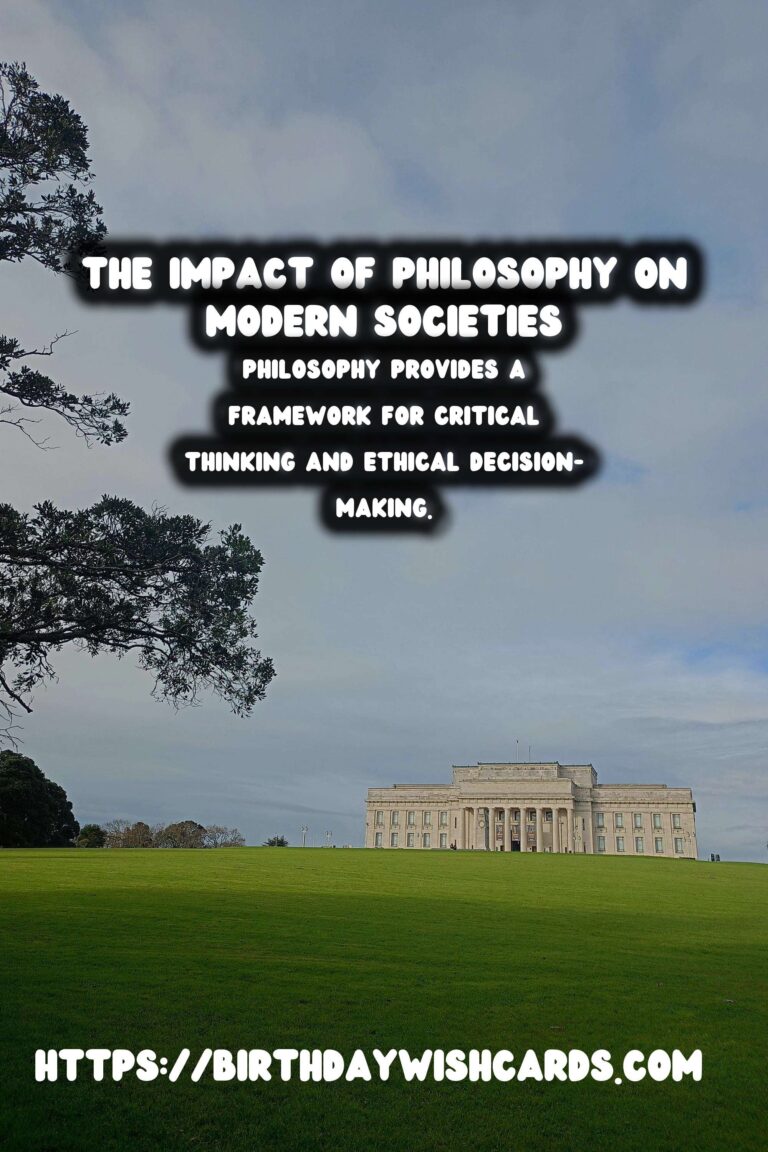
Philosophy is a discipline that has intrigued human minds for millennia, offering insights into fundamental questions about existence, knowledge, values, reason, and human purpose. By delving into the annals of philosophy, we uncover a tapestry woven with the thoughts of great thinkers whose ideas have perpetuated throughout history, continuing to influence the modern world.
The Ancient Foundations
The origins of philosophy can be traced back to ancient civilizations such as Mesopotamia, India, and China, but it was in ancient Greece where systematic philosophy truly began. The pre-Socratic philosophers, including Thales, Anaximander, and Heraclitus, embarked on early inquiries into the nature of existence and cosmos, setting the stage for later philosophers like Socrates, Plato, and Aristotle.
Socrates, often regarded as the father of Western philosophy, employed a method of questioning known as the Socratic method, challenging assumptions and encouraging critical thinking. His student Plato furthered his mentor’s work, emphasizing ideas of justice, virtue, and the ideal state. Aristotle, a student of Plato, extended the field with his empirical methods and logic, laying the groundwork for the scientific method.
Philosophy in the Middle Ages
During the Middle Ages, philosophy became intertwined with theology as scholars sought to reconcile religious teachings with reason. This period witnessed the rise of scholasticism, with figures such as St. Augustine and St. Thomas Aquinas bridging the gap between Christian doctrine and classical reasoning.
Aquinas, in particular, presented a comprehensive synthesis of Aristotelian philosophy with Christian theology, addressing issues of God’s existence, morality, and the nature of humanity, continuing to impact religious and philosophical thought to this day.
The Renaissance and Enlightenment
The Renaissance sparked a renewed interest in ancient texts and human potential, leading to the emergence of humanism. Philosophers like Erasmus and Machiavelli explored ideas of individualism, politics, and ethics, setting the stage for the Enlightenment.
The Enlightenment era was characterized by an emphasis on reason, skepticism, and scientific inquiry. Philosophers such as Descartes, Kant, and Hume engaged in critical studies of metaphysics, epistemology, and ethics, proposing ideas that would underpin the development of modern democratic societies.
Modern and Contemporary Philosophy
The 19th and 20th centuries saw the emergence of new philosophical movements, including existentialism, pragmatism, structuralism, and postmodernism. Thinkers like Nietzsche, Sartre, and Foucault questioned established norms and explored the complexities of human identity and freedom.
In contemporary times, philosophers continue to engage with pressing global issues, including the ethics of technology, environmental sustainability, and social justice, demonstrating the enduring relevance of philosophical inquiry in addressing the challenges of the modern world.
The Relevance of Philosophy Today
In the face of rapid technological advancement and societal changes, philosophy provides a vital framework for critical thinking and ethical decision-making. It encourages individuals to question the status quo, fostering a culture of inquiry and innovation.
Moreover, philosophy’s exploration of morality, justice, and human nature remains imperative as societies grapple with complex ethical dilemmas posed by artificial intelligence, bioethics, and global inequality.
Ultimately, the history of philosophy reminds us that while the world around us may change, the essential questions about human existence, knowledge, and values persist. By engaging with philosophical thought, we empower ourselves to navigate the intricacies of modern life with a critical and reflective mindset.
Philosophy provides a framework for critical thinking and ethical decision-making. The history of philosophy reminds us that essential questions about existence and values persist.
#Philosophy #History

